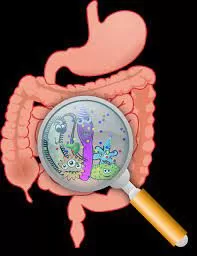Adding nuts to a calorie-controlled weight loss diet does not hinder weight reduction and may even accelerate the process, according to a new study published on Tuesday.
Researchers from the University of South Australia (UniSA) conducted a meta-analysis of seven randomized controlled trials to assess weight changes and glycaemic control in energy-restrictive (ER) diets. The findings indicate that incorporating nuts into these diets did not produce any adverse effects on weight loss.
Professor Alison Coates, a researcher at UniSA, emphasized that nuts are a nutrient-rich food that should be included in weight-loss diets. “People often avoid nuts when trying to lose weight because they think that the energy and fat content in nuts can contribute to weight gain,” she explained. “However, our study shows that this is not the case.”
The research revealed that four out of the seven studies showed significantly more weight loss in participants who consumed 42-84 grams of nuts daily as part of their ER diet compared to those who did not include nuts. The additional weight loss ranged from 1.4 to 7.4 kilograms.
The researchers suggest that the ability of nuts to help curb hunger efficiently might explain their positive impact on weight loss. “If weight gain was a concern discouraging people from eating nuts — rest assured that this is not the case. Nuts do not cause weight gain. Furthermore, they do not adversely affect weight loss; rather, they appear to assist it,” Prof Coates said.
Dr. Sharayah Carter, co-author of the study, highlighted the broader health benefits of nuts. “For those who enjoy eating nuts, knowing that they can help meet weight loss goals, while also improving overall health is a huge plus,” she said. “It’s also great for health professionals who can be confident in recommending nuts, in the context of a healthy diet, without concerns of an adverse effect on weight.”
This study underscores the importance of revisiting dietary misconceptions and encourages the inclusion of nutrient-dense foods like nuts in weight loss plans. The findings could have significant implications for dietary recommendations and public health guidelines, making it easier for individuals to achieve their weight loss goals while enjoying a variety of foods.












